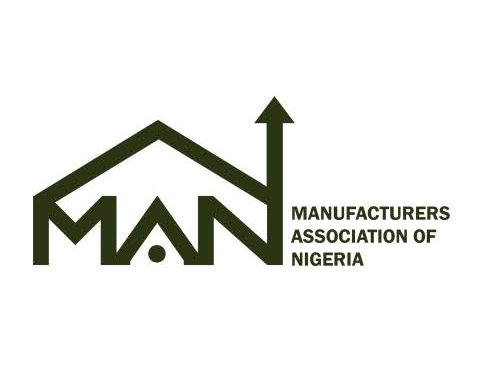The Manufacturers Association of Nigeria (MAN) has urged the Central Bank of Nigeria to further cut interest rates, warning that the current lending environment continues to hinder production, suppress investment, and weaken competitiveness in the real sector.
The appeal followed the outcome of the Monetary Policy Committee (MPC) meeting held on November 24 and 25, where the committee retained the Monetary Policy Rate (MPR) at 27 per cent.
At its 303rd meeting, the MPC also adjusted the Standing Facilities Corridor to +50/-450 basis points, maintained the Cash Reserve Ratio at 45 per cent for commercial banks and 16 per cent for merchant banks, and kept the liquidity ratio unchanged at 30 per cent.
The committee noted improvements in macroeconomic indicators, including a gradual slowdown in inflation, which it said declined to 16.05 per cent in October.
However, MAN insisted that the lending climate remains “punitive” for manufacturers.
Segun Ajayi-Kadir, Director-General of MAN, said operators had expected a rate cut to ease borrowing costs, which currently range between 30 and 37 per cent. He said the association appreciated the MPC’s decision to halt rate hikes but stressed the need for “a further reduction in the rate to reduce the cost of borrowing.”
Ajayi-Kadir said high costs of funds continue to hinder production, reduce competitiveness, and discourage investment in expansion.
He noted that despite efforts to stabilise the exchange rate and improve forex liquidity, manufacturers still face steep financial pressure. According to him, persistently high interest rates limit access to affordable credit, particularly for small and medium-scale manufacturers.
He added that the situation is compounded by structural constraints such as poor infrastructure, high logistics costs, erratic power supply, soaring energy expenses, and insecurity all of which push production costs higher.
MAN urged the CBN and fiscal authorities to strengthen policy coordination and pursue reforms that can unlock industrial potential. The group called for “a downward review of the rate in subsequent MPC meetings to lessen the burden of high borrowing costs and incentivise long-term investments,” especially in capital-intensive sub-sectors.
It also recommended introducing additional monetary instruments to expand credit to the real sector and increasing government investment in infrastructure to boost supply capacity.
On exchange rate management, the association advised the government to work closely with the CBN to stabilise the naira and mitigate potential risks, including possible capital flight linked to the new MPC corridor adjustment.
MAN also called for complementary fiscal measures that support industrial growth, promote reforms in agriculture, manufacturing and energy, and address inflationary pressures. It stressed the need to resolve insecurity in agricultural and industrial zones to ensure stable raw material supplies and food production.
Other members of the organised private sector echoed MAN’s call for lower interest rates.
President of the Lagos Chamber of Commerce and Industry, Gabriel Idahosa, said businesses hope to see borrowing costs fall soon, even though the MPC’s decision reflects its commitment to controlling inflation.
Idahosa said, “We hope that going forward, the rate will be reduced. The target to slow down inflation to 15 per cent by December is also a factor, and they have almost reached their goal.”
Similarly, the National Vice President of the National Association of Small-Scale Industrialists, Segun Kuti-George, said retaining the rate indicates the CBN’s satisfaction with the current pace of economic stabilisation.
Kuti-George said, “What retaining the rate at 27 per cent simply means is that the CBN is pleased with the relative stability that exists in the economy now, especially as inflation has come down to about 16 per cent.”















